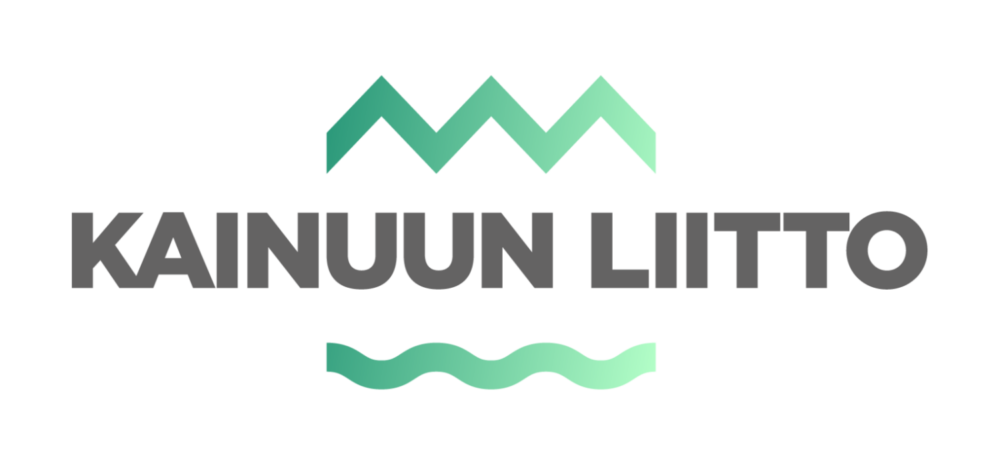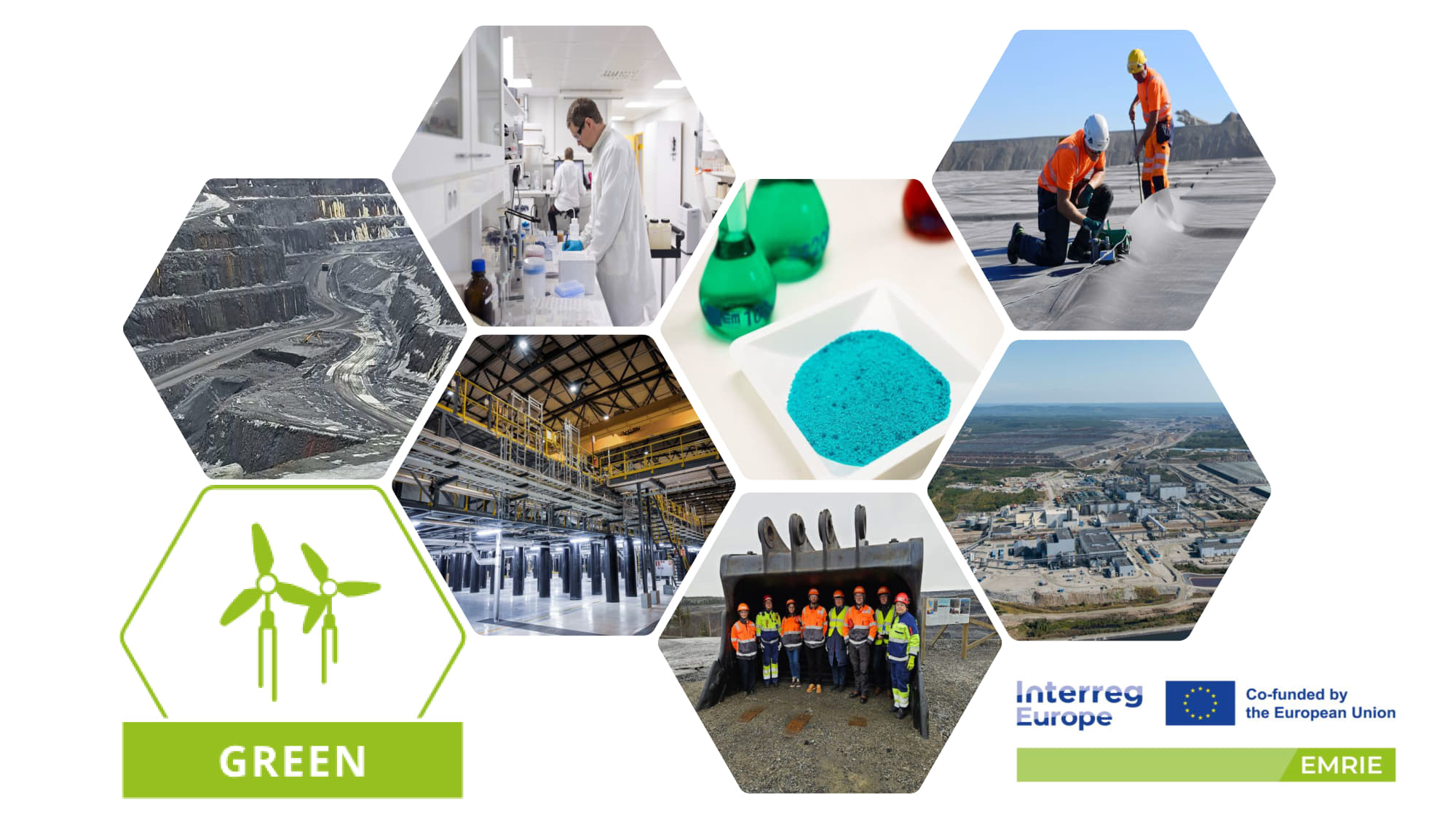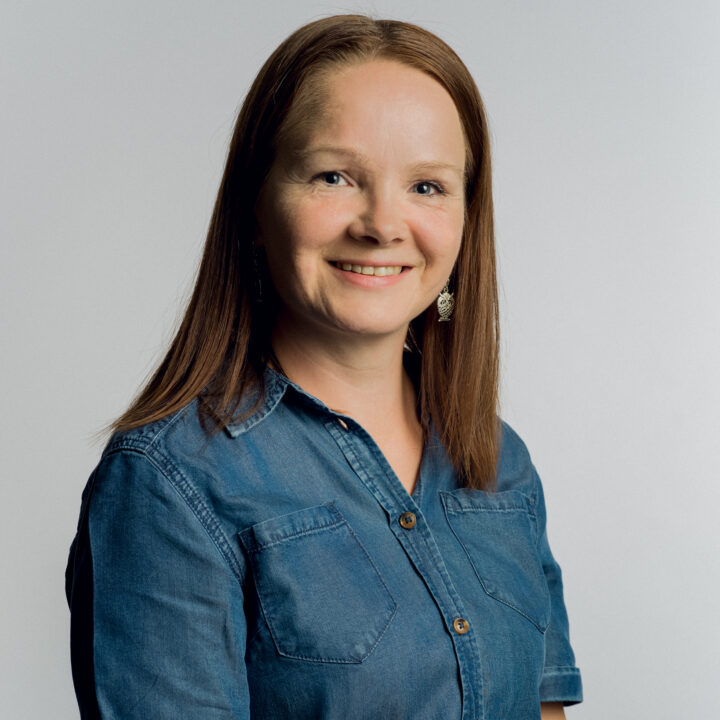The first six-month period of the EMRIE project working on the circular economy and resource efficiency of the mining sector has been completed. After taking care of the practical arrangements necessary in the beginning of any project, the project activities have been accelerated to full speed. The Regional Council of Kainuu coordinates the planning and implementation of one of the main processes of the project.
The EMRIE project partner consortium is broad and includes partners from Portugal, Spain, Poland, Sweden, Ukraine and Greece in addition to the Regional Council of Kainuu. The Portuguese Commission for Regional Development and Coordination of Alentejo is the lead partner in the project. The vast Alentejo region in southern and central Portugal is known for its marble industry and partly also for metal mining.
The project kick-off meeting was held in May 2025 in Castro Verde, Portugal, where the partners were able to meet face to face and agree on many important practical issues. In addition, the participants were able to get to know a local site previously used for mining, and its new use for the benefit of tourism industry. After the kick-off meeting, the partner regions have started to work towards the goals defined the project plan. This includes for example compiling regional analyses related to the current status and planning cooperation with important stakeholders in the field.
The Regional Council of Kainuu Coordinating the Learning Process
The Regional Council of Kainuu is the only Finnish partner in the EMRIE project, representing and bringing together several Finnish actors and their expertise. These stakeholders, already named in the approved project plan include, for example, the regional councils of Lapland, North Ostrobothnia. Central Ostrobothnia and North Karelia. Mining Finland, a non-profit association promoting the Finnish mining industry and technology, brings a broad perspective on the mining industry to the group. The stakeholder team is complemented by the Geological Survey of Finland (GTK), the University of Oulu, Business Joensuu (Outokumpu Mining Hub), CEMIS (Centre for Measurement and Information Systems) from Kainuu and the Digipolis Circular Economy Centre in Kemi, each with their own solid expertise.
At the same time, the Regional Council of Kainuu is also responsible for coordinating the so-called Learning Journey of the entire project. It is an important part of the project implementation and is implemented through the exchange of experiences. Its results aim to strengthen the regional governance of the partner regions, promote cross-border cooperation and build the capacity of local ecosystems.
With responsible resource management and participatory stakeholder work at the heart of its approach, EMRIE project enables the participating regions to implement greener, more sustainable and innovation-driven development activities.
The key phases of the learning journey are:
- Identifying and sharing Good Practices
- Peer reviews and SWOT analyses
- Study visits and staff exchanges
- Stakeholder work and capacity building
As a result of the first operational period, the partners have already prepared regional baseline analyses. These important information packages will be later used, for example, when selecting transferable good practices and launching learning processes based on stakeholder work.
Concrete results and CRMA analysis are expected during winter 2025
During the second six-month implementation period of the project, regional analyses will be developed into concrete cross-regional comparison and identification of solutions, ultimately aiming for strategically significant results in each of the partner regions. The focus of the work is on finalizing regional profiles and refining regional information. These profiles will serve as the basis for finding good practices.
The aim is to identify at least two locally effective and transferable solutions to promote circular economy and resource efficiency, especially in the mining sector, in collaboration with regional stakeholders.
The identified good practices will undergo a CRMA analysis. CRMA stands for Critical Raw Materials Act, which is an EU level regulation. The aim of this analysis is to provide project partners with a strategic tool to assess their region’s practices and ensure that they are in line with the European resource sustainability goals. Secure and sustainable access to raw materials for European industry and society is a very important issue on the EU agenda and offers significant opportunities especially in the regions where mineral resources are found.
The second partner meeting, where participants will once again have the opportunity to discuss face-to-face and get to know the local operating environment of the sector, will be held in Andalusia, Spain, during the second implementation period.
Valuable Feedback Gained from EMRIE Stakeholders – Mining Baseline Analysis underway!
The EMRIE project has held two active stakeholder meetings in Kainuu to discuss the progress of the project, setting common goals and details of the Learning Journey.
Thanks to the comprehensive feedback from stakeholders, the Regional Council of Kainuu has been preparing the preliminary mining baseline analysis. This important work will help us understand the current state of the region and ensure that our future actions are as impactful and targeted as possible.



